Spring is right around the corner, which means many of us are busy cleaning out the yard and preparing our gardens for fresh plants and flowers. While the backyard is typically a fun oasis for your four-legged friend, there are certain plant types that are harmful to animals. Take care to keep these toxic species away from your pets.
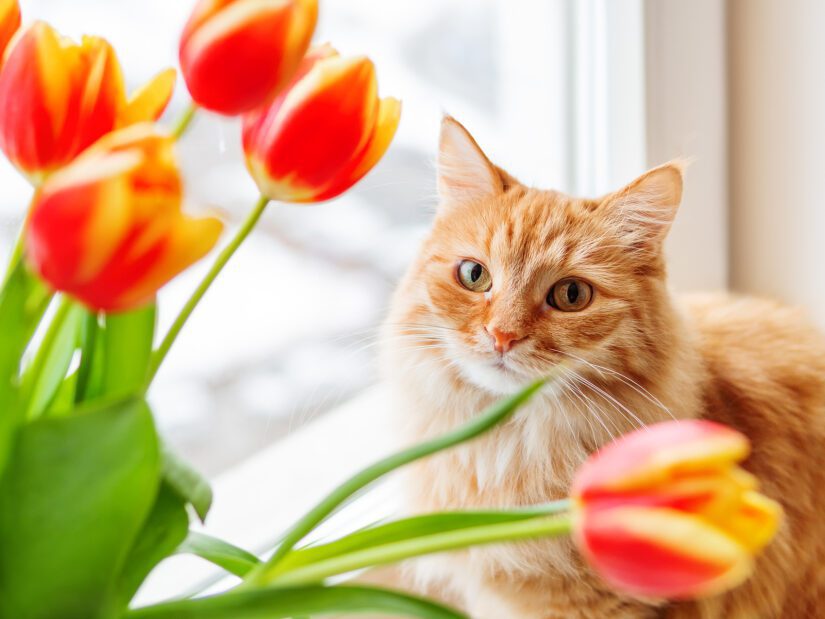
1. Lilies
Additional names: Daylily, Easter lily, Japanese show lily, Oriental lily, Rubrum lily, Stargazer lily, Tiger lily, Wood lily
Lilies are beautiful and popular spring flowers to plant in the garden and indoors, but most lilies are extremely toxic to your pets. Cats are particularly sensitive to the toxic effects of lilies, and just a small amount can be fatal.
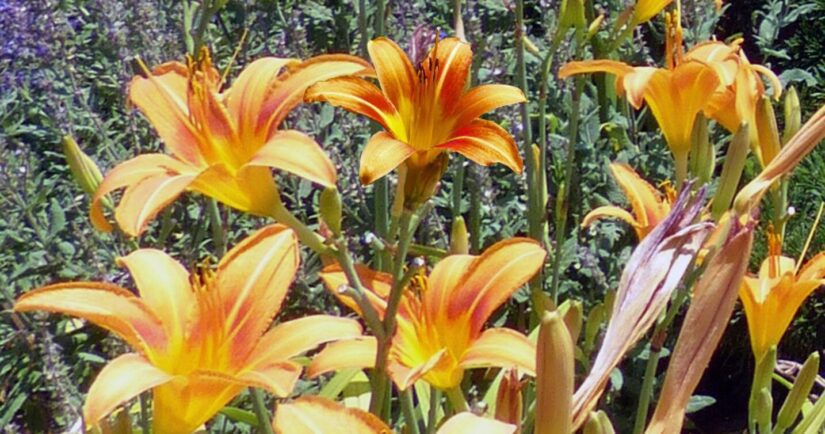
2. Cyclamen
Additional name: Sowbread
The sweet-scented Cyclamen is a genus of 23 species of perennial flowering plants in the family Primulaceae. It contains terpenoid saponins, which are harmful to your pet and can cause salivation, vomiting, diarrhea. Larger ingestions can cause heart rhythm abnormalities, seizures, and even death.
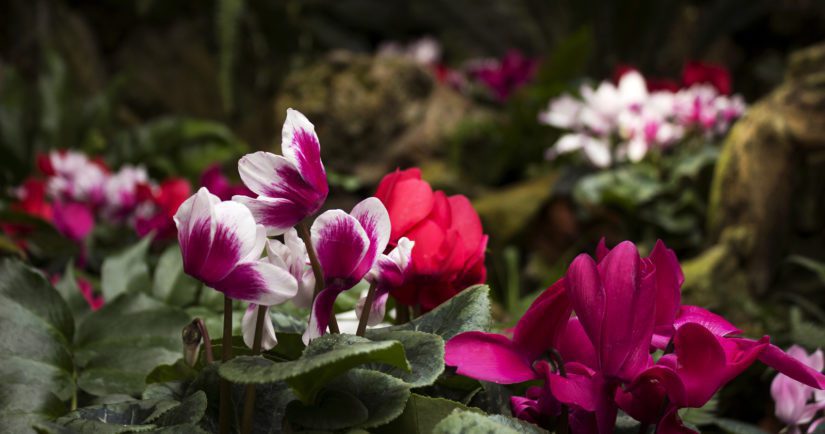
3. Poison Hemlock
Additional names: Poison Parsley, Spotted Hemlock, Winter Fern, California Fern, Nebraska Fern, Deadly Hemlock
Not to be confused with a hemlock tree, Poison Hemlock contains various alkaloids that are toxic to cats and dogs and can cause agitation, tremors, drooling, diarrhea, paralysis, and even death when ingested.
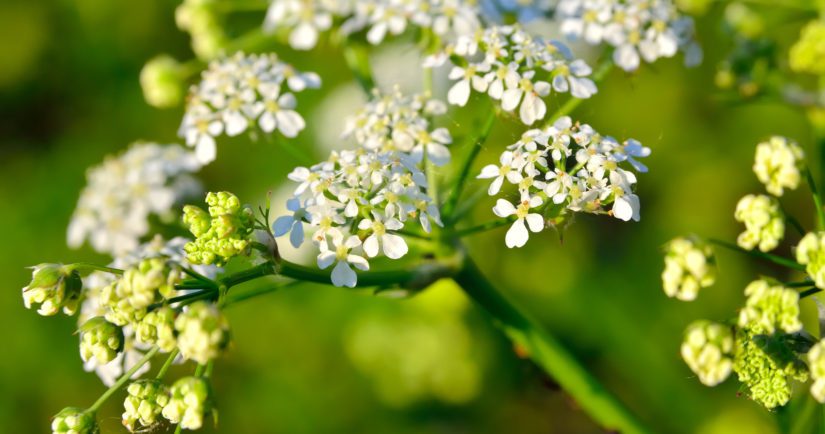
4. Branching Ivy
Additional names: English Ivy, Glacier Ivy, Needlepoint Ivy, Sweetheart Ivy, California Ivy
When ingested, Branching Ivy can be toxic to your pet and could cause vomiting, abdominal pain, hypersalivation, and diarrhea. It’s important to note that the foliage is more poisonous than the berries.
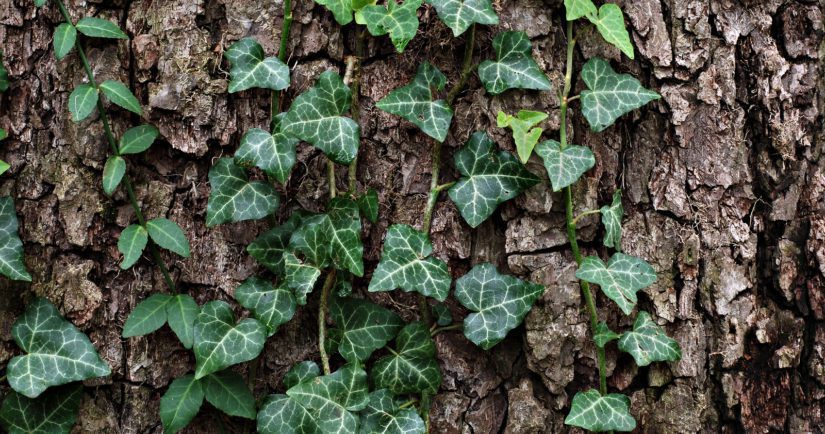
5. Oleander
Additional name: Rose-Bay
A popular plant belonging to the Apocynaceae family, Oleander contains toxic cardiac glycosides which can cause drooling, abdominal pain, diarrhea, colic, depression, and even death when ingested.
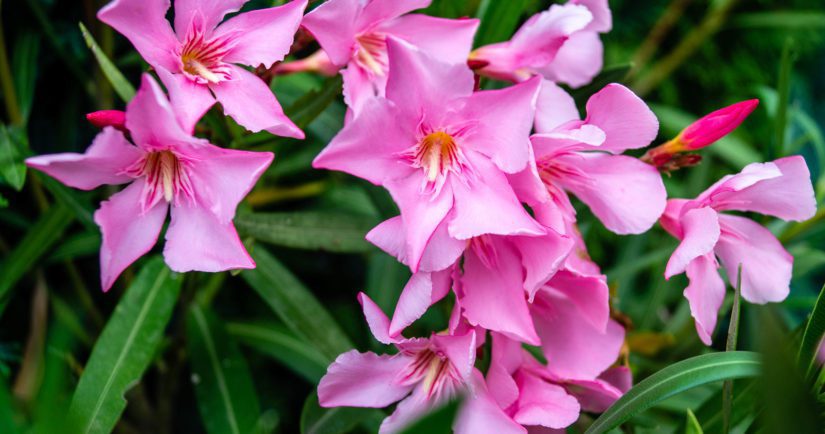
6. Jimsonweed
Additional common names: Datura stramonium, Devil’s Trumpet, thorn apple, Indian apple, black datura, jimsonweed, tolguacha, Jamestown weed
All parts of this plant are toxic to your pets, particularly horses and cattle, due to the toxin tropane alkaloids. Once ingested, it can cause dilated pupils, light sensitivity, restlessness, anxiousness, dryness of the mouth, intestinal stasis (lack of normal flow of intestinal contents), constipation, increased heart rate and breathing, walking drunk, and respiratory failure.
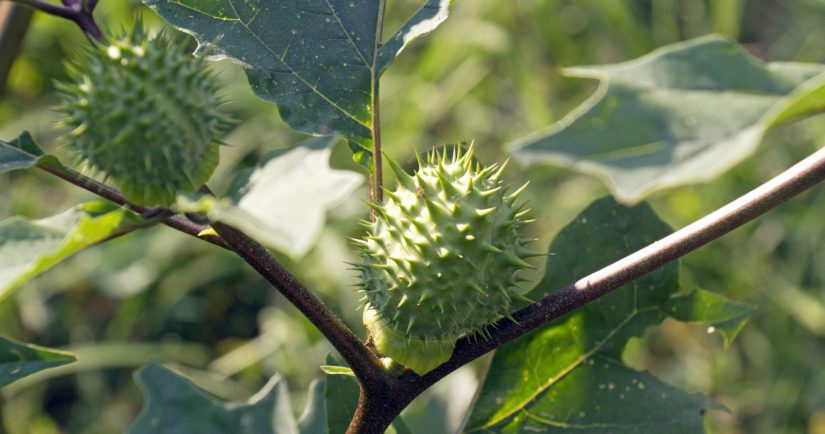
7. Tulips
Tulips belong to the Liliaceae family. While they are a popular spring flower, they are toxic to your pet with the highest part of toxic concentration belonging to the bulb. Once ingested, harmful symptoms include vomiting, depression, diarrhea, and hypersalivation. All plants belonging to the Liliaceae family are poisonous, and cats are at an increased risk for illness.
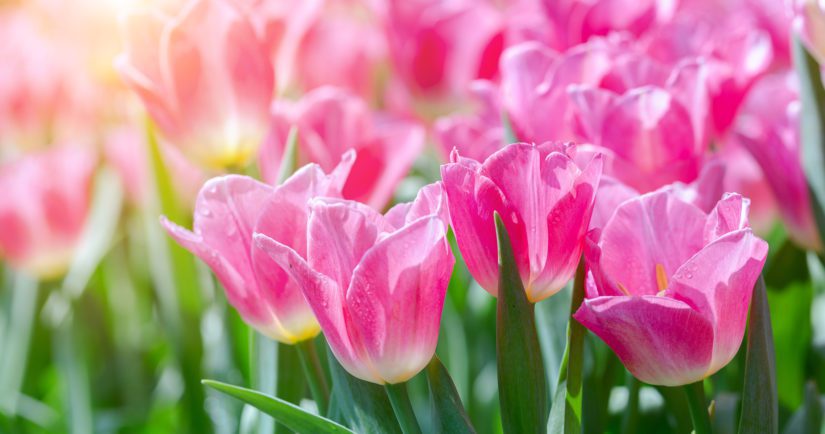
8. Sago Palm
Additional names: Coontie Palm, Cardboard Palm, cycads and zamias
A popular indoor plant, the Sago plant belongs to the Cycadaceae and contains cycasin, a toxic element that, if ingested, can induce vomiting, dark tarry stools, increased thirst, hemorrhagic gastroenteritis, bruising, coagulopathy, liver damage, liver failure, and even death.
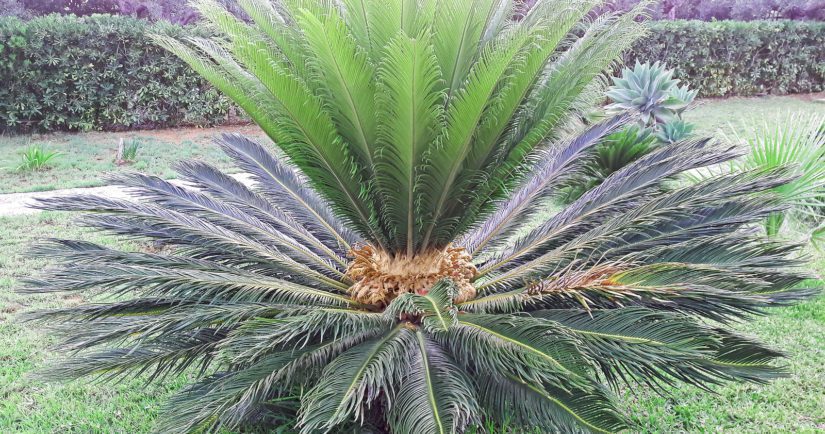
9. Cocoa bean mulch
Mulch is an important part of gardening, but gardeners beware: cocoa bean mulch contains theobromine and caffeine, just like chocolate. These chemicals are poisonous to dogs and when ingested, can cause vomiting, diarrhea, increased heart rate, tremors, and sometimes even death.
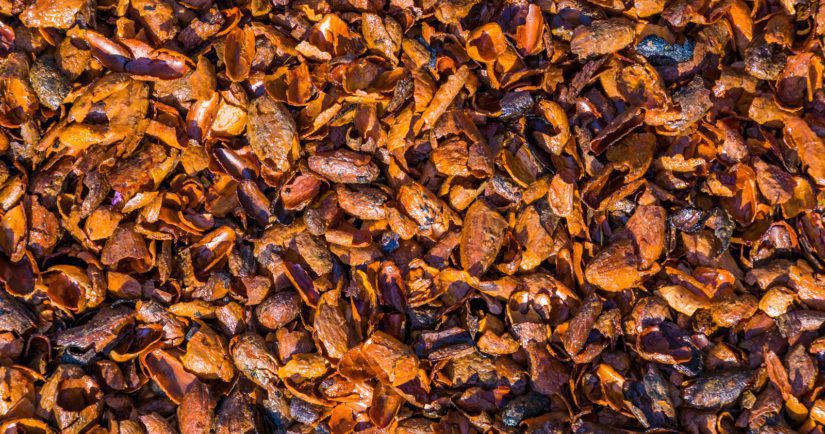
10. Kalanchoe
Additional names: Mother-In-Law-Plant, Devils Backbone, Chandelier Plant, Mother of Millions
This colourful plant belongs to the Crassulaceae family and is harmful to your pet when ingested, causing vomiting, diarrhea, and sometimes an abnormal heart rhythm.
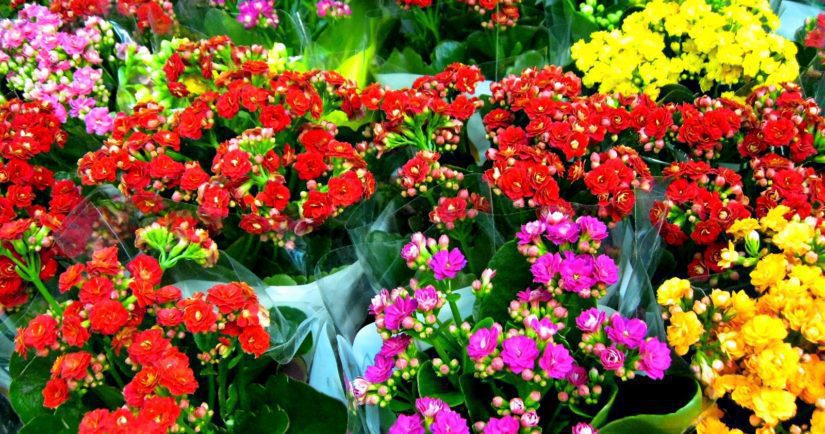
11. Castor bean plant
Additional names: Castor Oil Plant, Mole Bean Plant, African Wonder Tree, Castor Bean
Beans are highly toxic to your pet due to the ricin found in the plant. Ingestion of as little as one ounce of seeds can be lethal with signs typically developing 12 to 48 hours after eating. These include loss of appetite, excessive thirst, weakness, colic, trembling, sweating, loss of coordination, difficulty breathing, progressive central nervous system depression, and fever. If left untreated, bloody diarrhea may occur, and convulsions and coma can precede death.
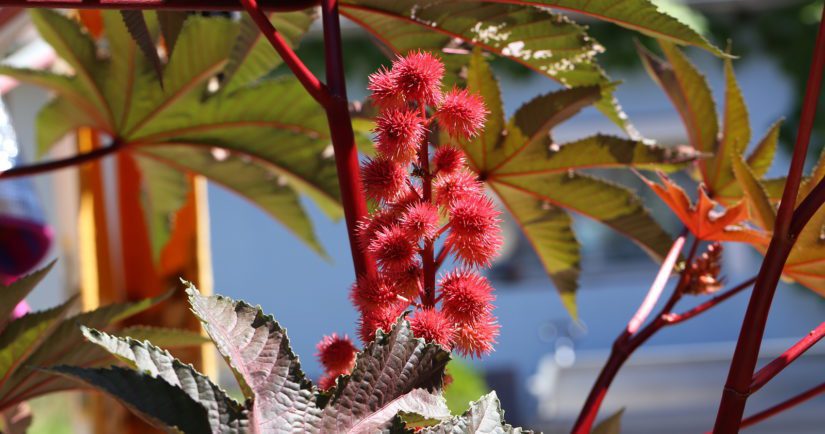
The list above are just some of the plants that can be harmful to your pet but there are more.
If you have a dog or cat who likes to eat your plants, it is best not to leave them unsupervised around these items and be sure not to leave yard trimmings they could access.
Should you suspect your pet has ingested something toxic, call your veterinarian or an emergency veterinary clinic immediately. How quickly treatment is started can mean the difference between life and death.
Extra Resources:
- Doggy diet dangers: What to avoid feeding Fido
- Avoid a catastrophe: Foods that spell trouble for your cat
- Safety alert! The dangers of essential oils and pets
- Get the scoop! Is Peanut Butter toxic for dogs?
Get updates from the BC SPCA
Want to receive more pet tips like this, right in your inbox? Use the form below to subscribe for updates.
